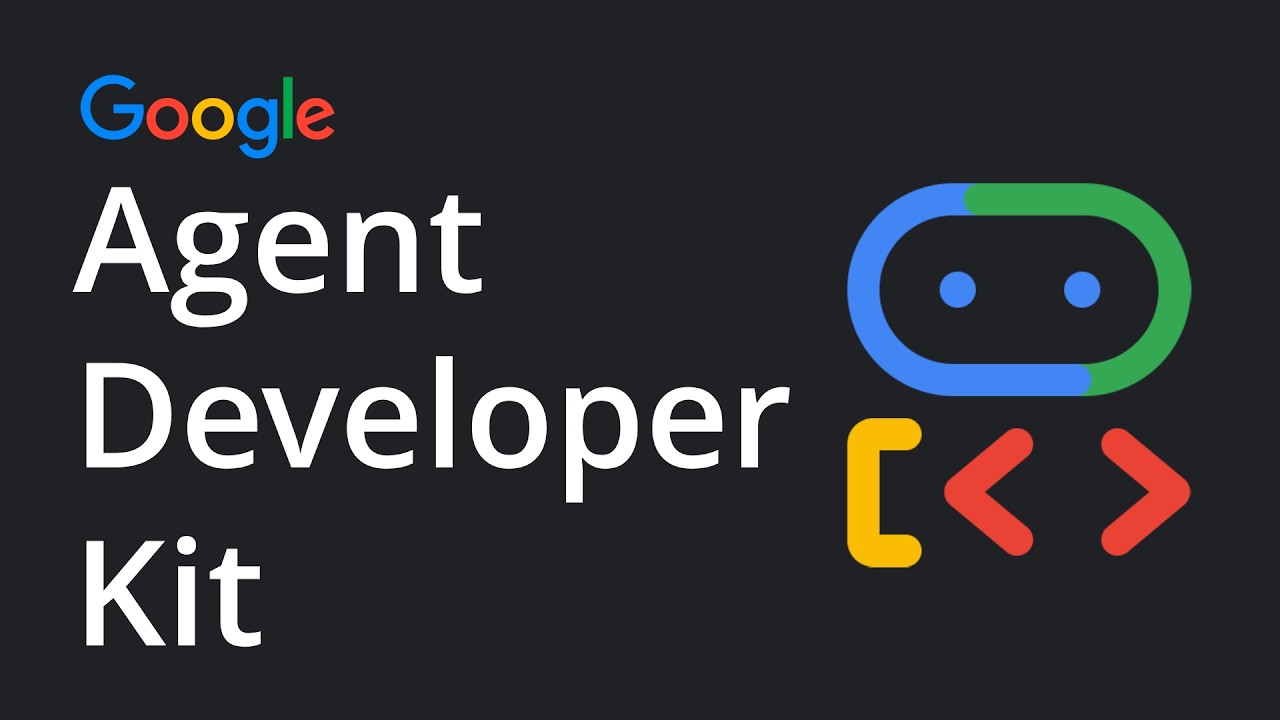At Google Cloud Next, Google announced the launch of its Agent SDK, designed for cloud deployment and featuring a multi-agent architecture that allows integration with tools from other frameworks. Currently available on GitHub in its early stages, the SDK supports various models, including Google’s Gemini, and aims to provide a user-friendly solution for developers while incorporating lessons from existing agent frameworks.
At Google Cloud Next in Las Vegas, a significant announcement was made regarding the launch of Google’s Agent SDK. This new development marks Google’s entry into the agent framework space, joining other players like OpenAI, Lang Chain, and Llama Index. Although details are still emerging, the SDK is designed with a focus on being deployment-ready, allowing users to run agents in the cloud rather than just on local machines. This approach indicates Google’s intention to create a robust and scalable solution for developers.
One of the standout features of the Agent SDK is its emphasis on multi-agent architecture and integration capabilities. Google is allowing users to incorporate tools from other frameworks, such as Lang Chain, right from the start. This flexibility suggests that Google is keen on fostering a collaborative environment where developers can leverage existing tools while building new agents. The SDK also includes built-in evaluations, which is a notable addition compared to other frameworks that have gradually introduced such features.
The SDK is currently available on GitHub, although it is still in its early stages, as indicated by some incomplete documentation and sample agents. At this point, the SDK is Python-only, which may disappoint some developers looking for JavaScript support. However, the quick start tutorial and API references are already available, allowing interested developers to begin experimenting with the framework. The SDK supports not only Google’s Gemini models but also other models like OpenAI’s and Claude Sonnet, showcasing its versatility.
Google’s strategic timing in launching the Agent SDK suggests that they have been observing the development of agent frameworks over the past couple of years. By incorporating lessons learned from existing frameworks, Google aims to create a more effective and user-friendly solution. The integration of event-driven architecture and authentication systems for tools further distinguishes Google’s approach from other frameworks, potentially enhancing the overall user experience.
As the SDK continues to evolve, it will be interesting to see how well it integrates with Google’s Gemini models, particularly the new Gemini 2.5 Pro model. The potential for fine-tuning and customization could give Google a competitive edge in the agent framework landscape. The speaker plans to explore the SDK further and share insights on its strengths and weaknesses in upcoming videos, while also highlighting other exciting announcements from Google Cloud Next.
